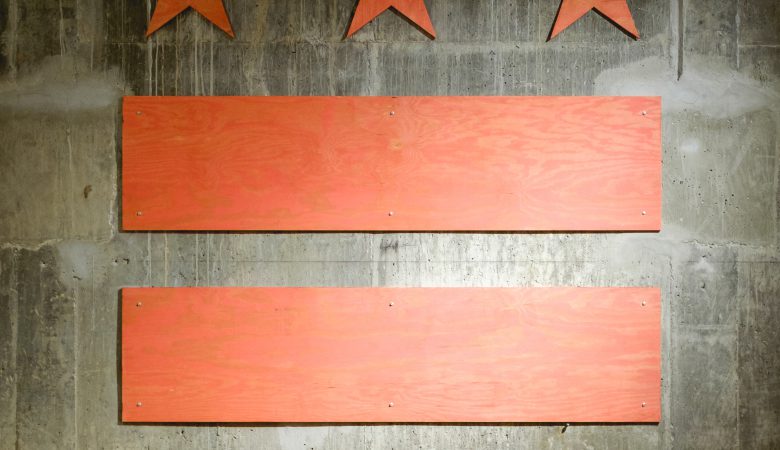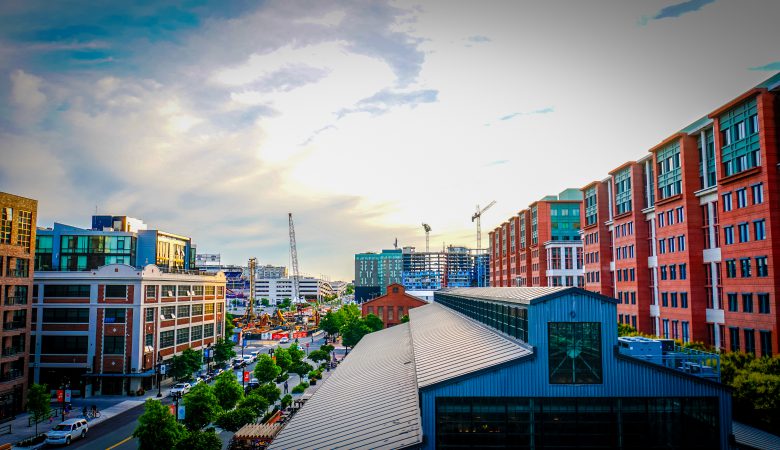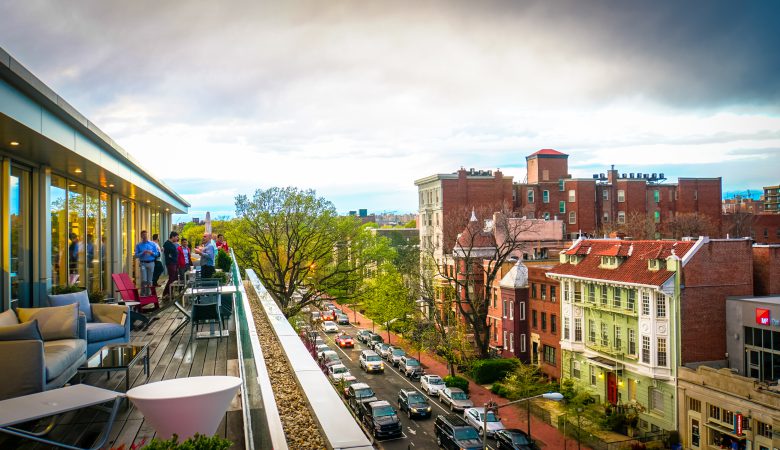DC Council Bill Infringes on Property Rights, Threatens Airbnb Hosts
Apr 5, 2017
With over 2 million listings in 34,000 cities, Airbnb has been lauded as one of the most successful companies operating in the sharing economy, and has an estimated valuation of $30 billion. More importantly, the company’s platform has changed the life of thousands of homeowners, who collectively earned $53 million through Airbnb from October 2015 to October 2016.
In Washington, homeowners can expect to take in an extra $77 by renting out a private room for a night, or $192 for a two-bedroom apartment. Airbnb has made a particular economic impact in Anacostia, where the site has created a thriving tourist industry. The typical Airbnb host in Anacostia earns an average of $5,100 per year from the home-sharing service, and 36% of everything guests spend remains in the neighborhood in which they stay. Airbnb Citizen shares, “Seventy-four percent of Airbnb hosts say hosting helps them pay their bills, and 50 percent of Airbnb hosts are low or middle income.” Michael Beard, a D.C. resident who listed his home on Airbnb while he was out of work, told Fortune Magazine, “AirBNB is currently paying between 30% and 35% of our mortgage.”
However, government regulations may put an end to homeowners’ ability to profit from their private property through collaborative consumption sites like Airbnb. In January, DC City Councilmember Kenyan McDuffie proposed a bill that severely limits homeowners’ abilities to exercise their property rights. Specifically, the Rental Regulation Affordable Housing Protection Act of 2017 includes provisions to limit the number of properties that a host can rent out to one, require hosts obtain a new short-term rental license, and mandate that the host is present in the property for the entirety of a guest’s stay (unless the home is offered as a vacation rental, which will be capped at 15 cumulative nights per year).
In addition, online platforms will have to educate prospective hosts about the new law, take down noncompliant listings, and confirm that hosts have the correct licenses. These platforms could face a fee of $1,000 for each property listing that violates the new law.
McDuffie’s bill goes too far, stripping property owners of their right to admit into their homes whoever they choose. Property owners in violation of the new legislation would pay $1,000 for their first offense, $4,000 for the second offense, and $7,000 for each subsequent offense. Dr. Giovanni Quattrone, a researcher at University College London, criticizes municipalities’ uninformed efforts to stifle the sharing economy. “Many municipal governments,” Qattrone writes, “are attempting to impose old regulations on these new marketplaces … without a complete understanding of the benefits and drawbacks generated by these new services.” Airbnb has sharply criticized the law, and spokesperson Crystal Davis calls it, “unworkable and a clear nod to hotel-industry funded organizations eager to attack regular families sharing their homes to protect the industry’s bottom line.”
Indeed, more than anyone, it is regular DC families who will suffer as a result of the DC laws. Property owners in D.C. are having their rights stripped away from them, and with loss of rights comes loss of income. One study observes that Airbnb is a significant source of supplemental income for retired people, and “58 percent of older adults report that income from Airbnb hosting has helped them stay in their homes.” For these elderly Americans, regulations designed to drive Airbnb hosts out of the marketplace may make these economic freedoms afforded by their property rights a thing of the past.



